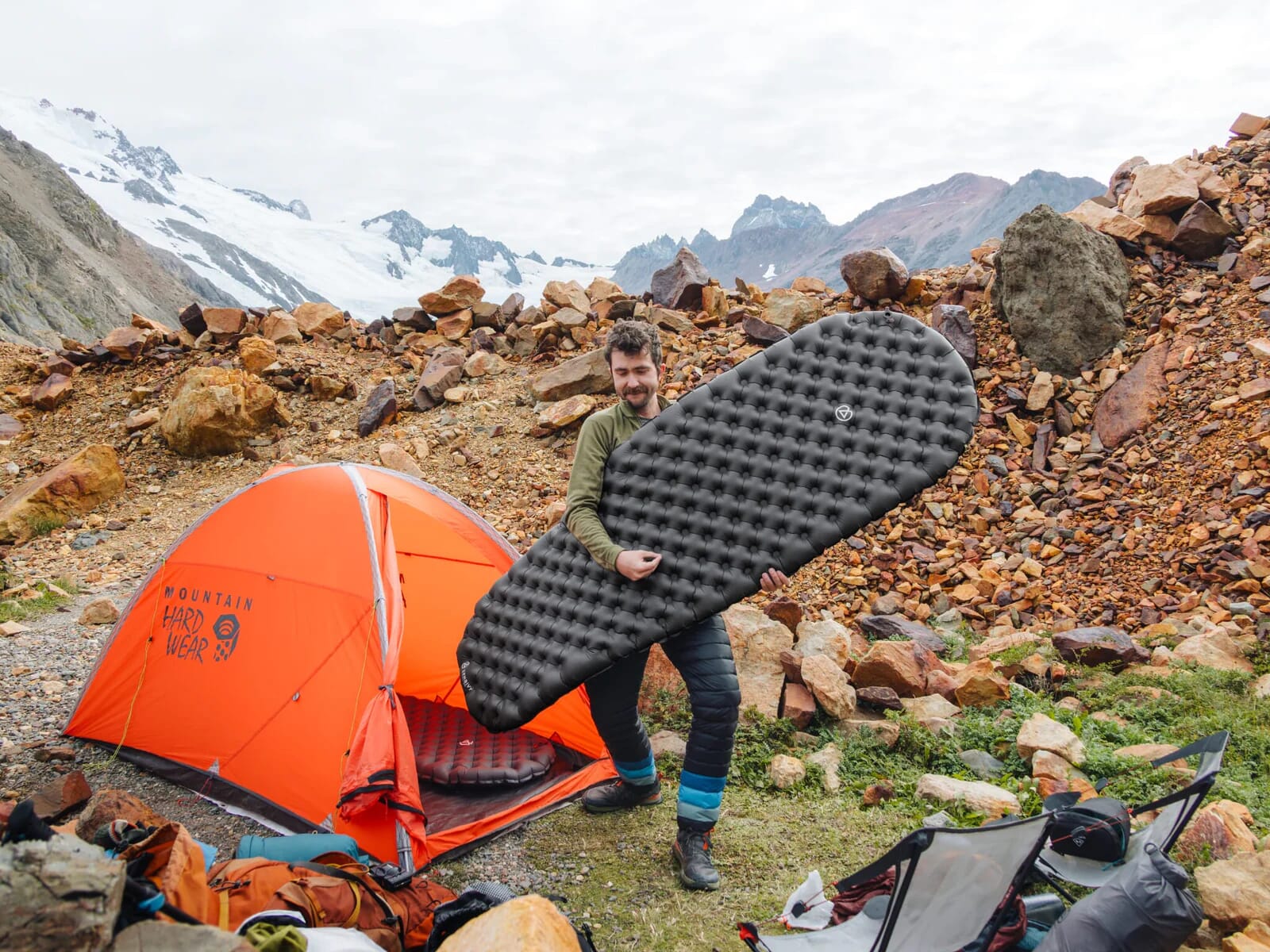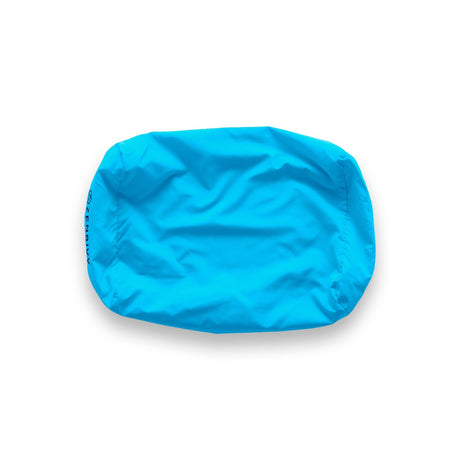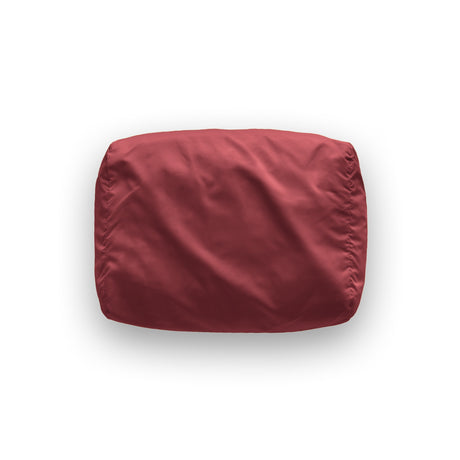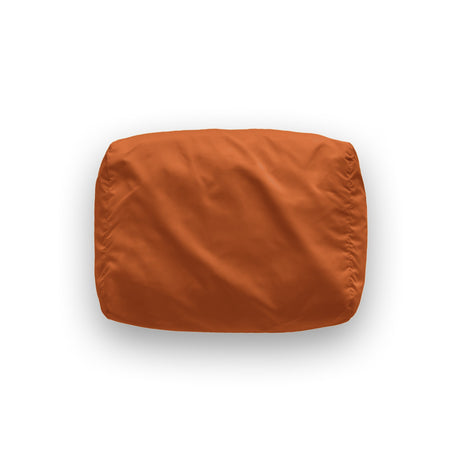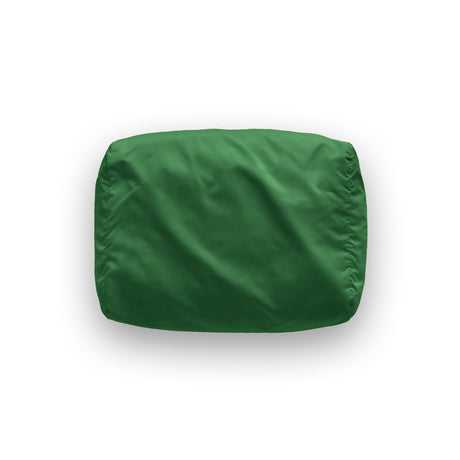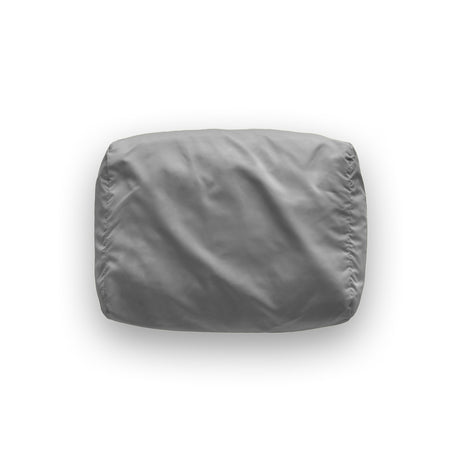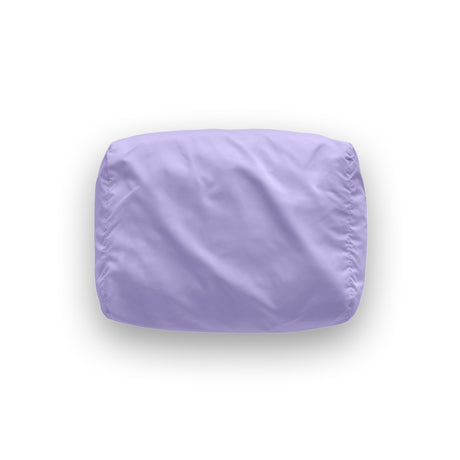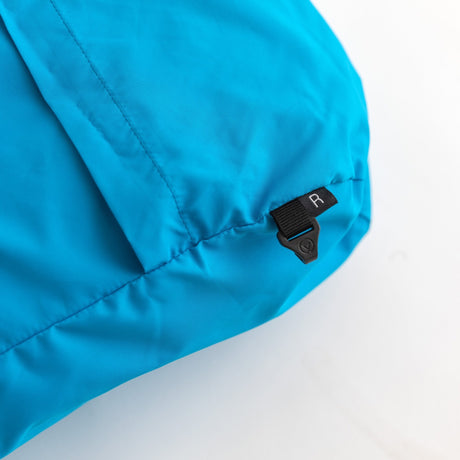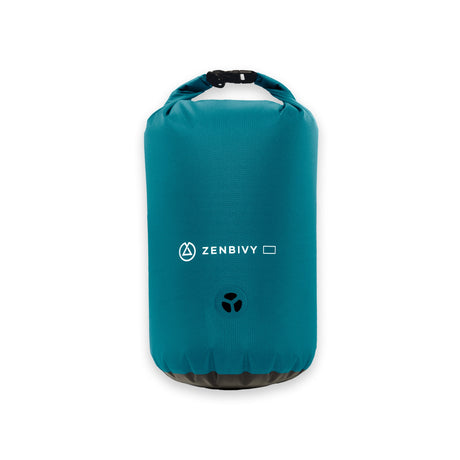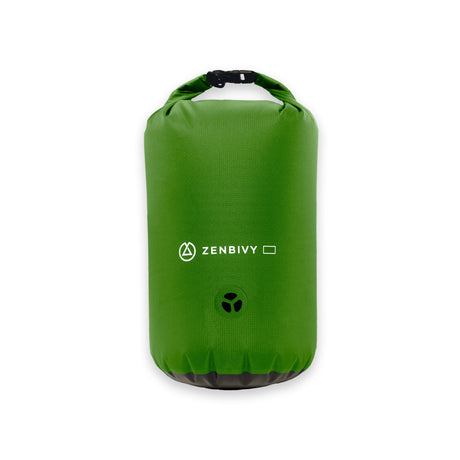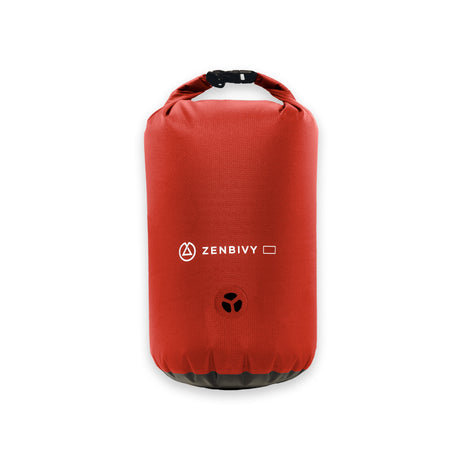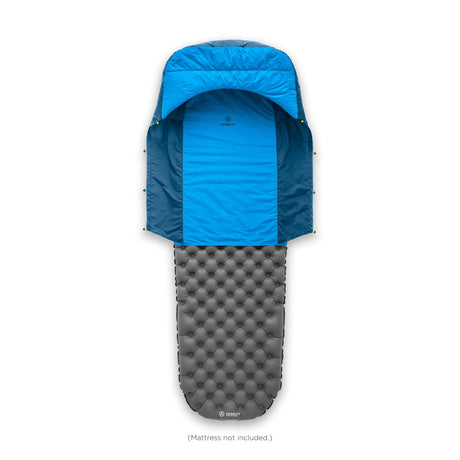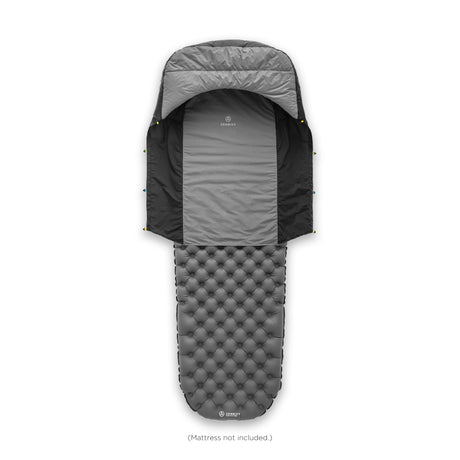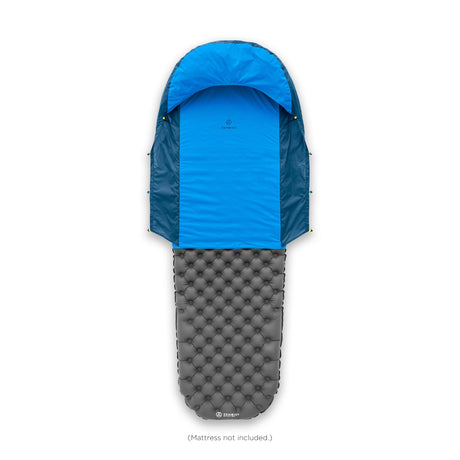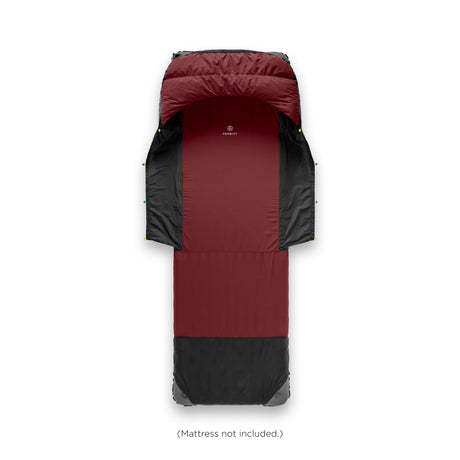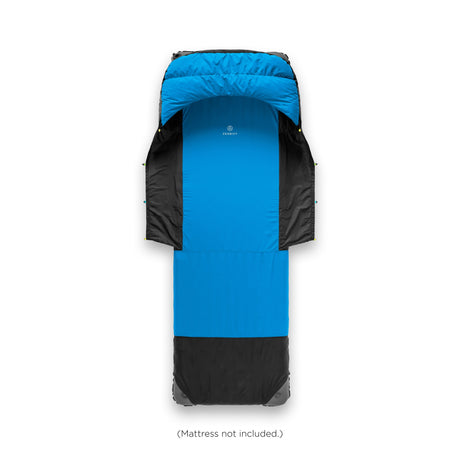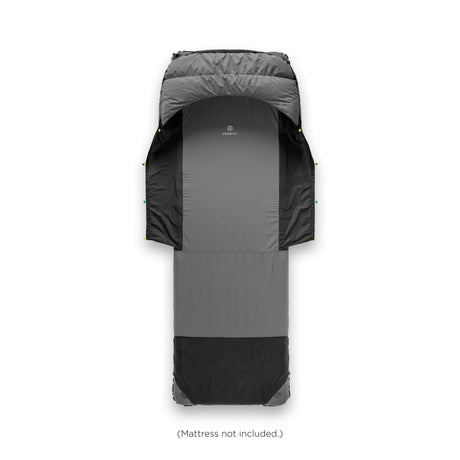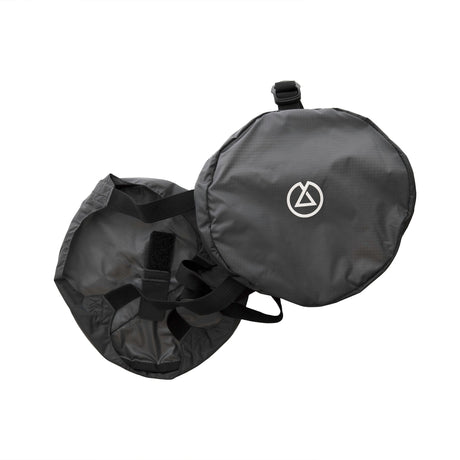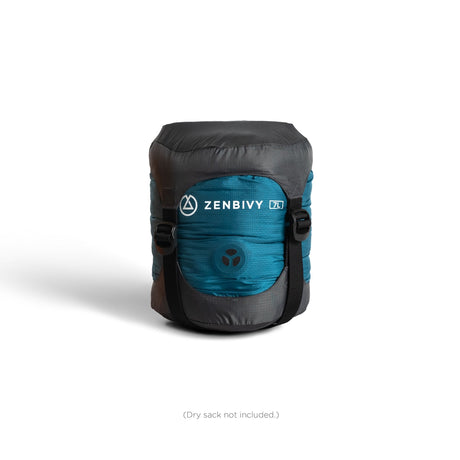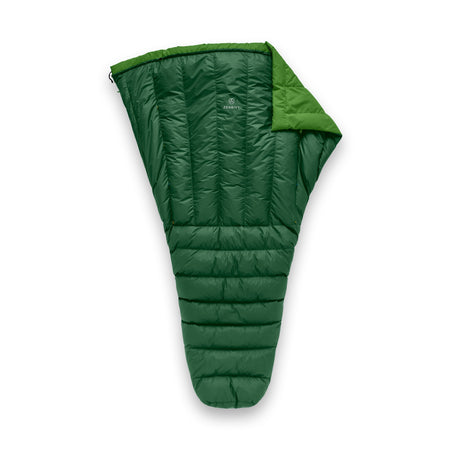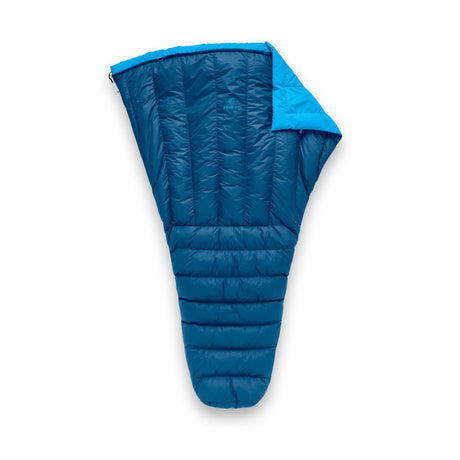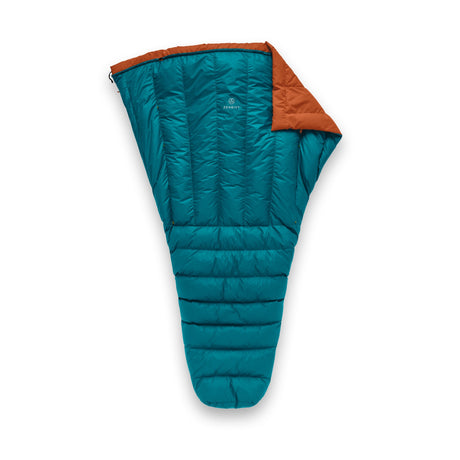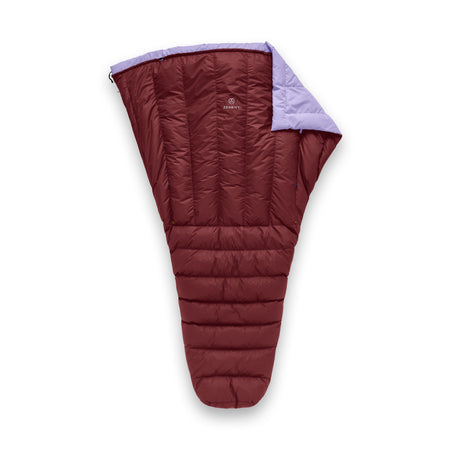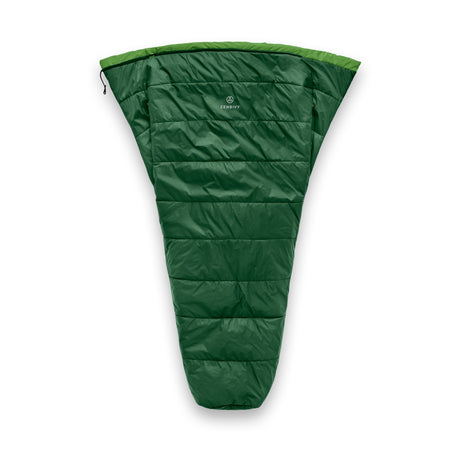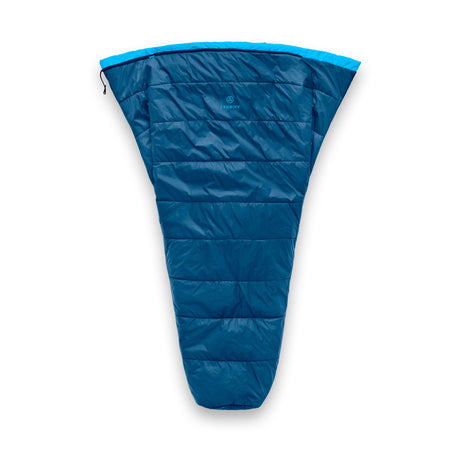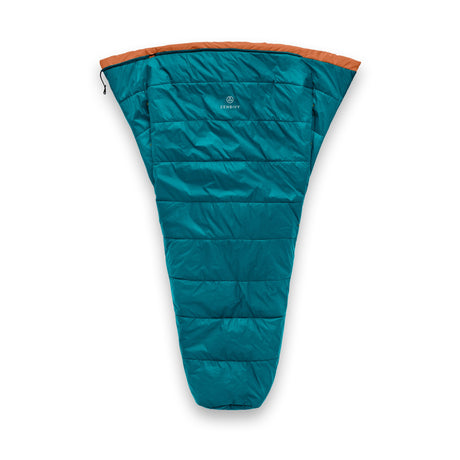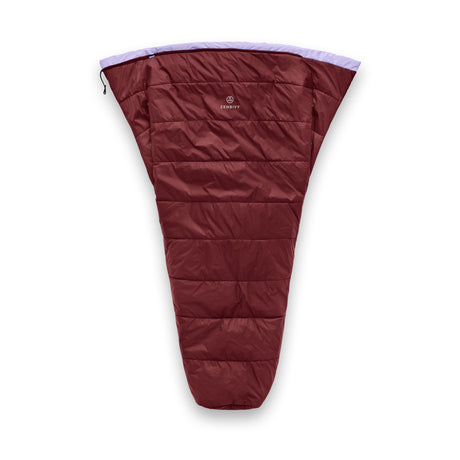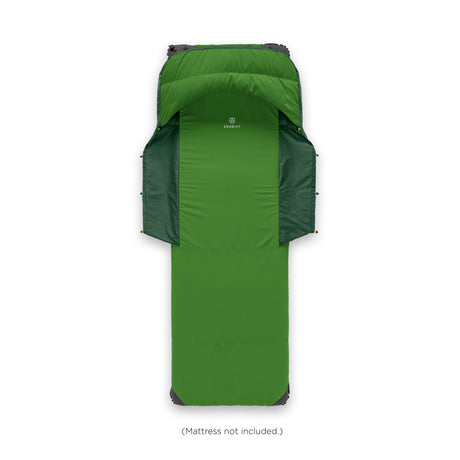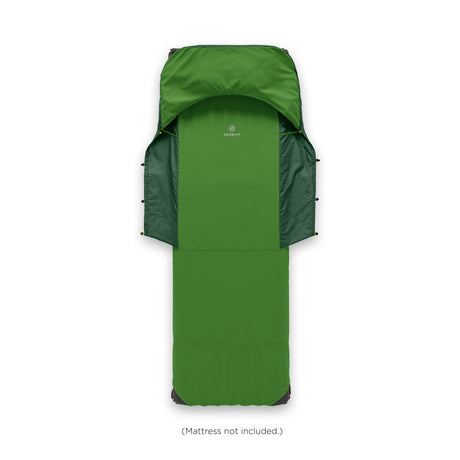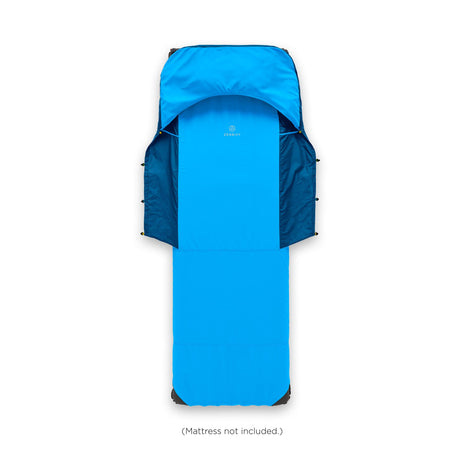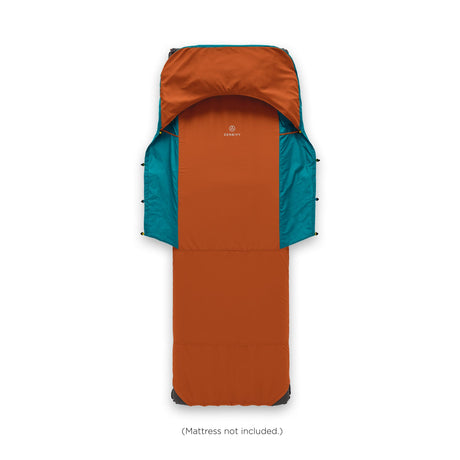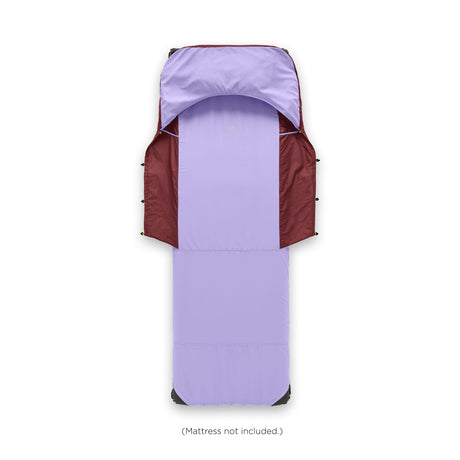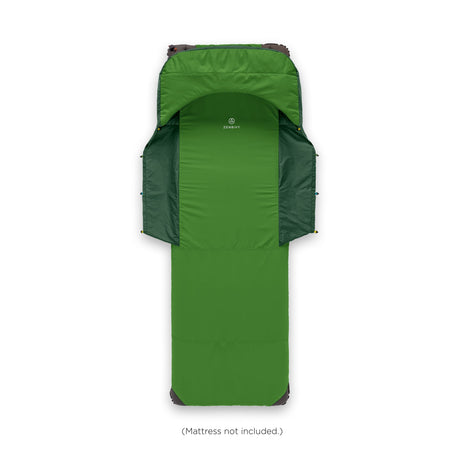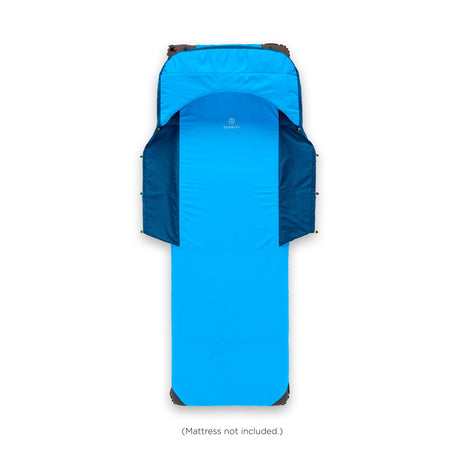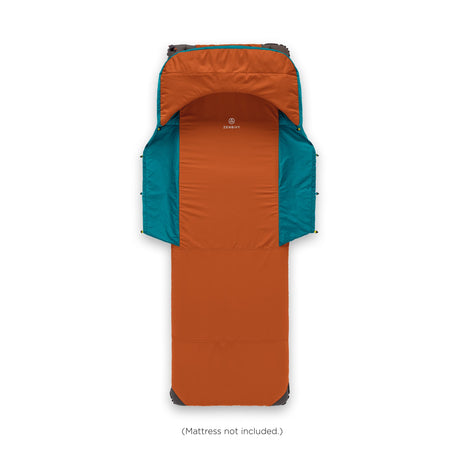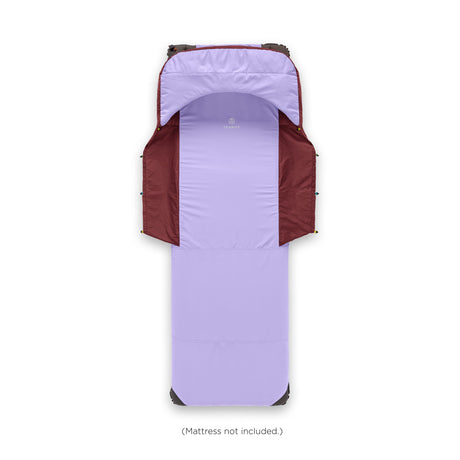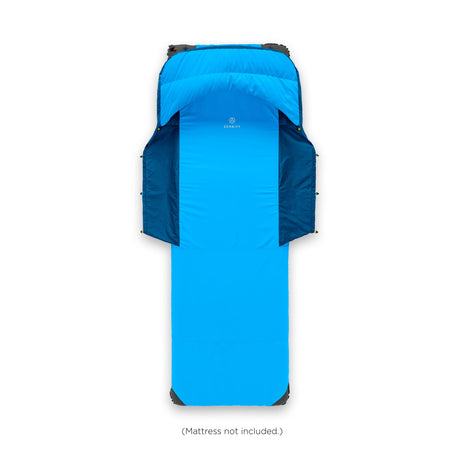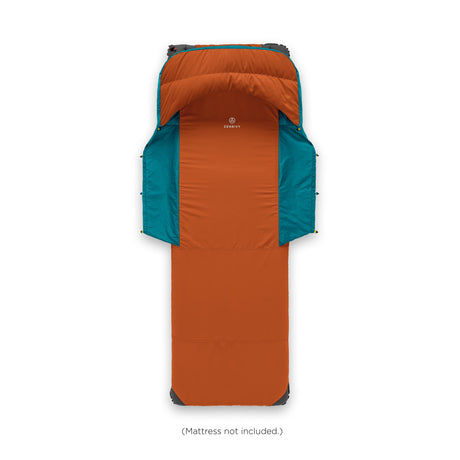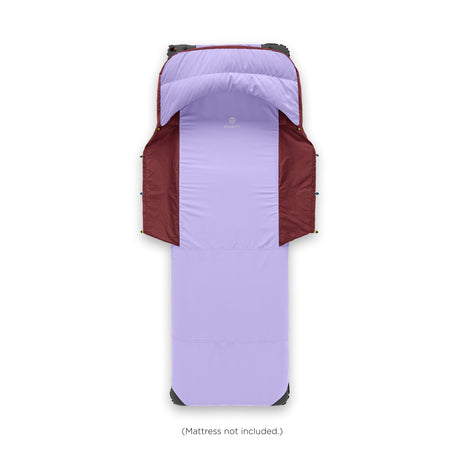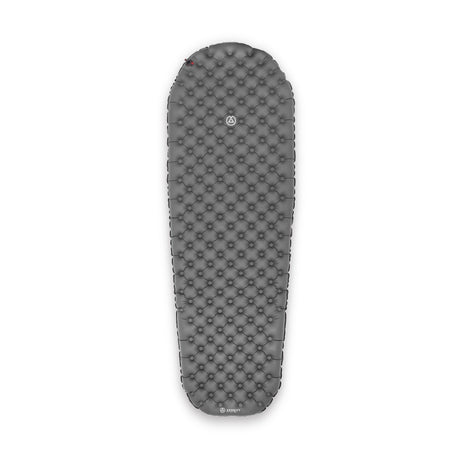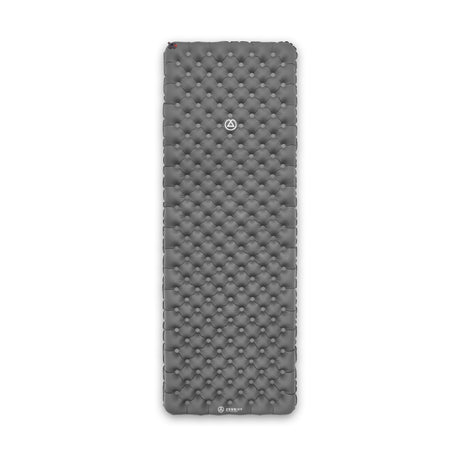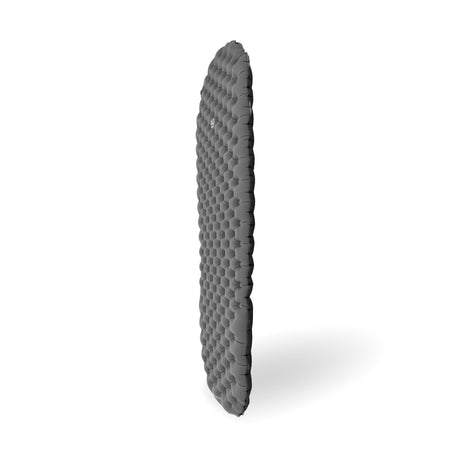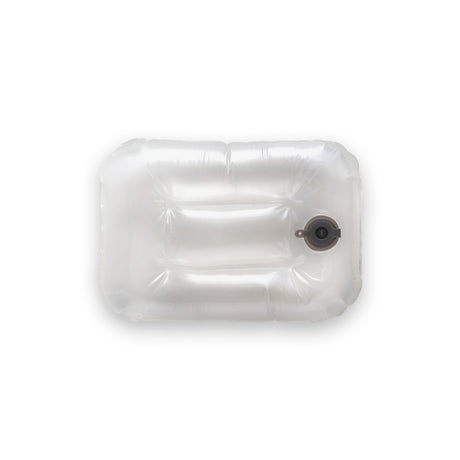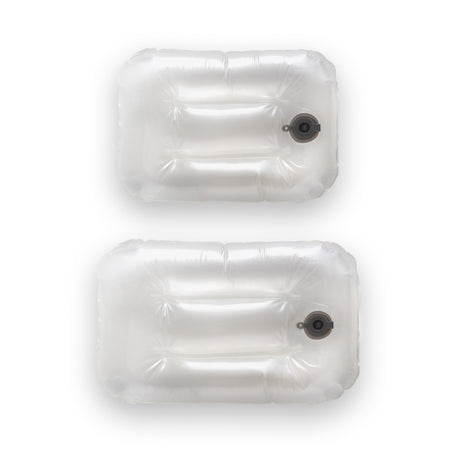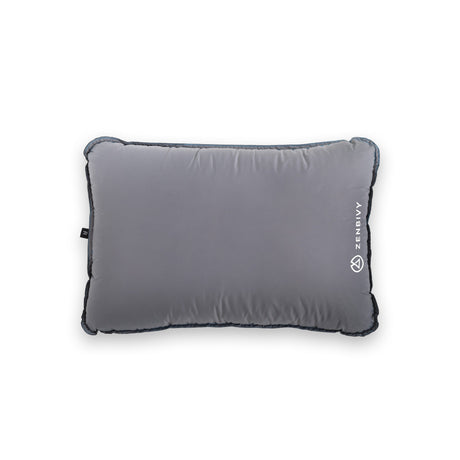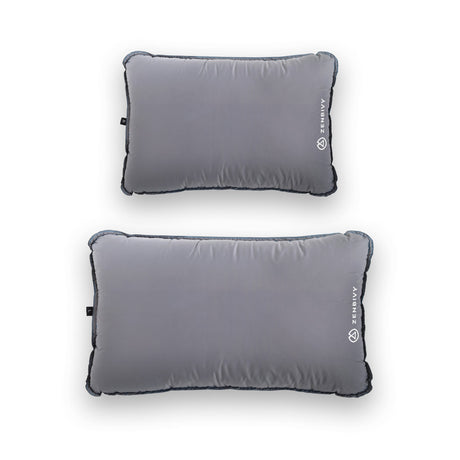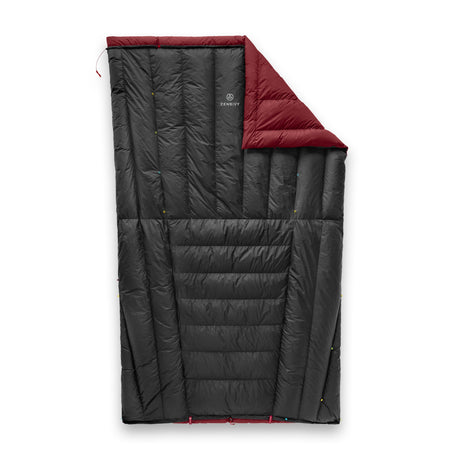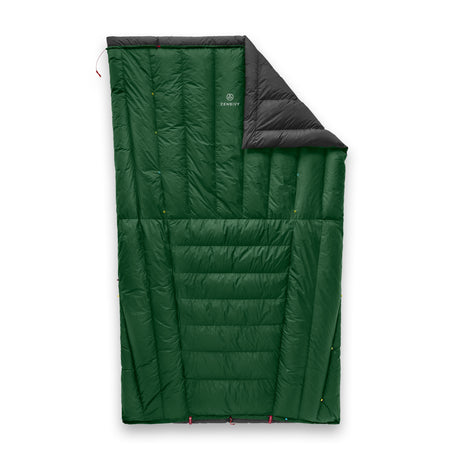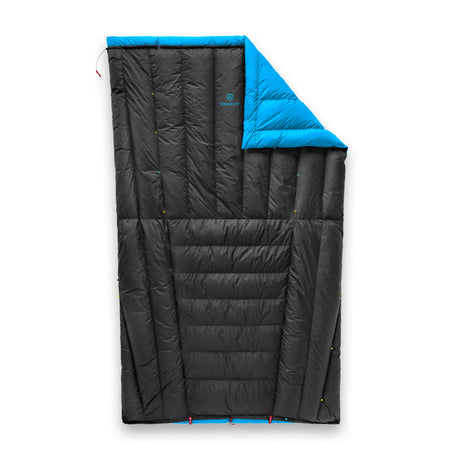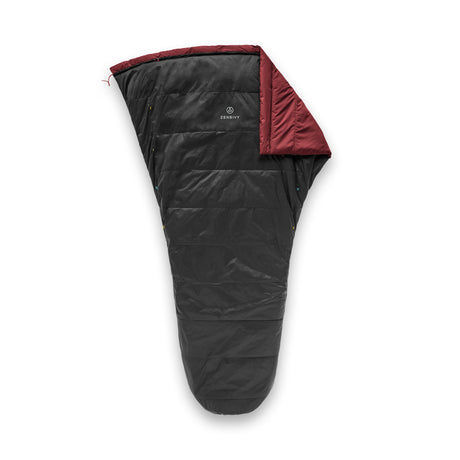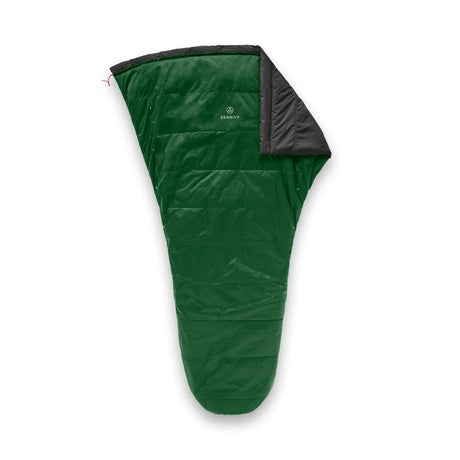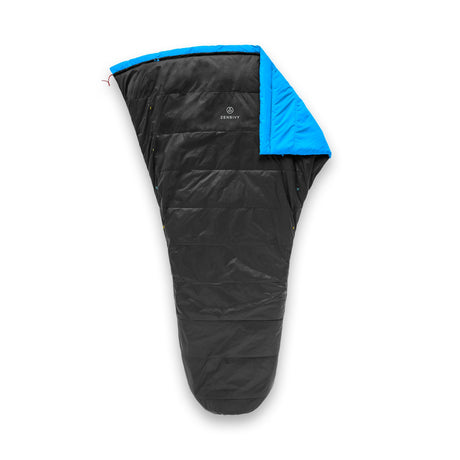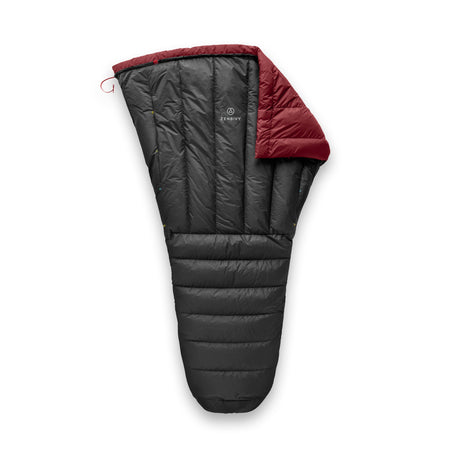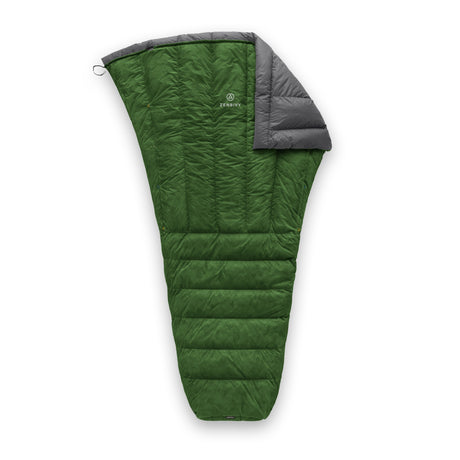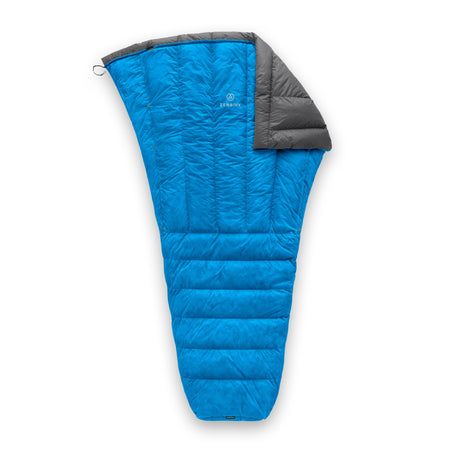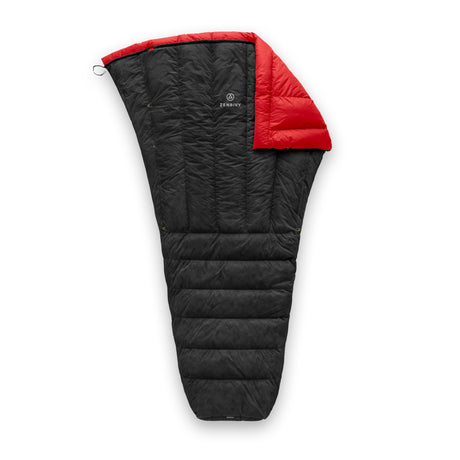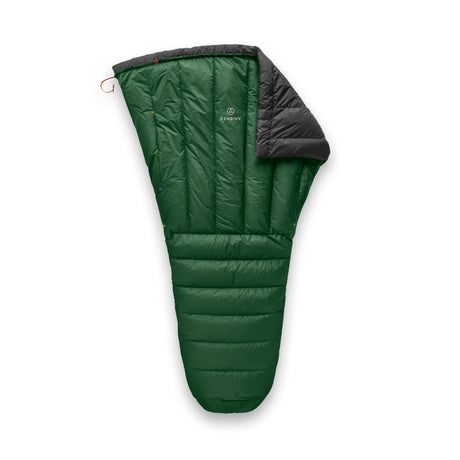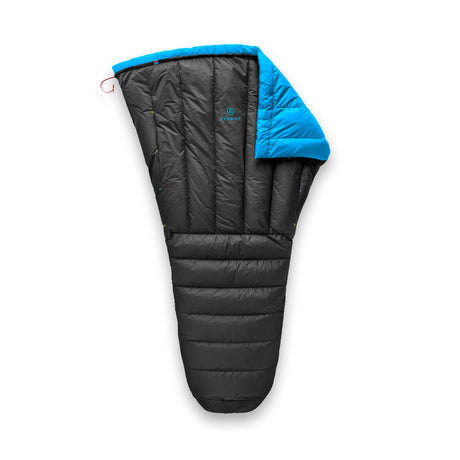When shopping for a camp mattress, you'll come across something known as an R-value. What is this number, why is it important to understand, and how are mattresses tested? Let's talk about it!
First of all, what is "R-value"?
R-value is a measure to quantify insulation's ability to resist heat. In other words, it's a measure of thermal resistance. The higher the R-value, the greater the thermal resistance and the better it will keep you insulated from the ground below.
Why is it important?
When you're in direct contact with a mass that is colder than your body temperature, you lose heat quickly. If you were to sleep directly on the ground, it would essentially remove the heat from your body until you and the ground are at the same temperature: COLD.
How are mattresses tested?
Under the protocol set in place by ASTM International, the mattress is set between a cold plate ("the ground") and a warm plate ("the body"). Over the course of several hours, what is measured is the energy it takes to keep the body plate at the same temperature. The less energy, the higher the R-value. The more energy, the lower the R-value.
All Zenbivy mattresses are tested internally to the ASTM F3340 standard and deliver EN/ISO-matched performance.
What does "EN/ISO-matched performance" mean?
The insulated barrier below you (your mattress) needs to be thermally matched to the insulated layer around you (your sleeping bag). One cannot work if the other is failing.
There is a mattress used to get the EN/ISO rating of your sleeping bag. Therefore, the EN/ISO rating of your sleeping bag is only accurate if you using a mattress that is thermally matched. So, what R value is that? "R5" if you want to keep things simple, but it's actually a range from R4.49 to R5.17. Any mattress within that range, or above, delivers EN/ISO-matched performance.
If you pair your sleeping bag with an R3 mattress, for example, you can't expect to be comfortable down to the bag's EN/ISO rating as it is not thermally matched.
Why we are no longer using the general "R5"
You may have noticed that our mattresses used to have an "R5" rating and now show R-values to the decimal.
We used to round our mattress R-values to keep the overall point of the rating as simple as possible: all Zenbivy mattresses deliver EN/ISO-matched performance. As noted above, that "EN/ISO-matched" range is R4.49 - R5.17. We test our mattresses according to the ASTM standard and any results within that range would meet our goal of thermally matching your quilt or sleeping bag. We rounded those results to "R5" simply because it was easier to explain and there is no real performance difference in the R-value between any of the mattresses producing results within the EN/ISO-matched range. The tests are simply not accurate enough to judge differences based on tenths.
Although our rounding system got our point across that Zenbivy mattresses deliver EN/ISO-matched performance, we understand that consumers use R-values to try to compare mattresses from one company to another, so we are moving away from "R5" rounding and providing the test results to the tenth.
Overall, the biggest value in the EN/ISO rating system for sleeping bags is not that you can use it to compare ratings from one bag to another, but that it gives us a correlation between insulation and mattress backed by extensive field testing so that we can create sleep systems that are thermally matched and correlate them to a rating system that is widely understood.
The main takeaway: Zenbivy is the only brand where every mattress we make delivers full 3-season warmth to support the EN/ISO rating of your sleeping bag.

